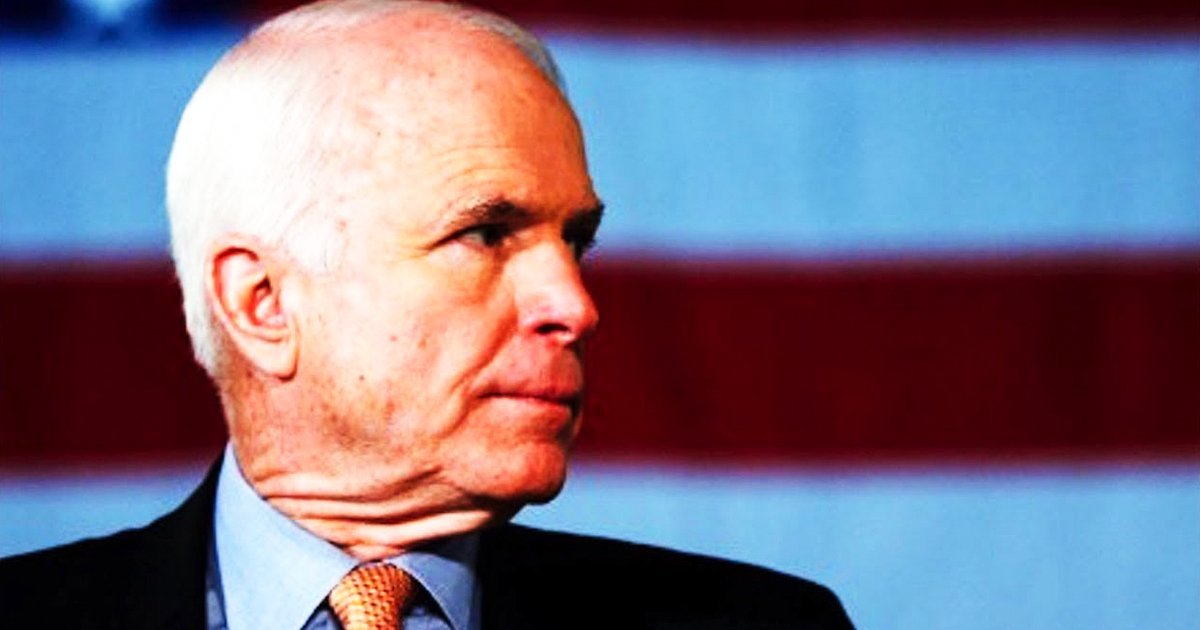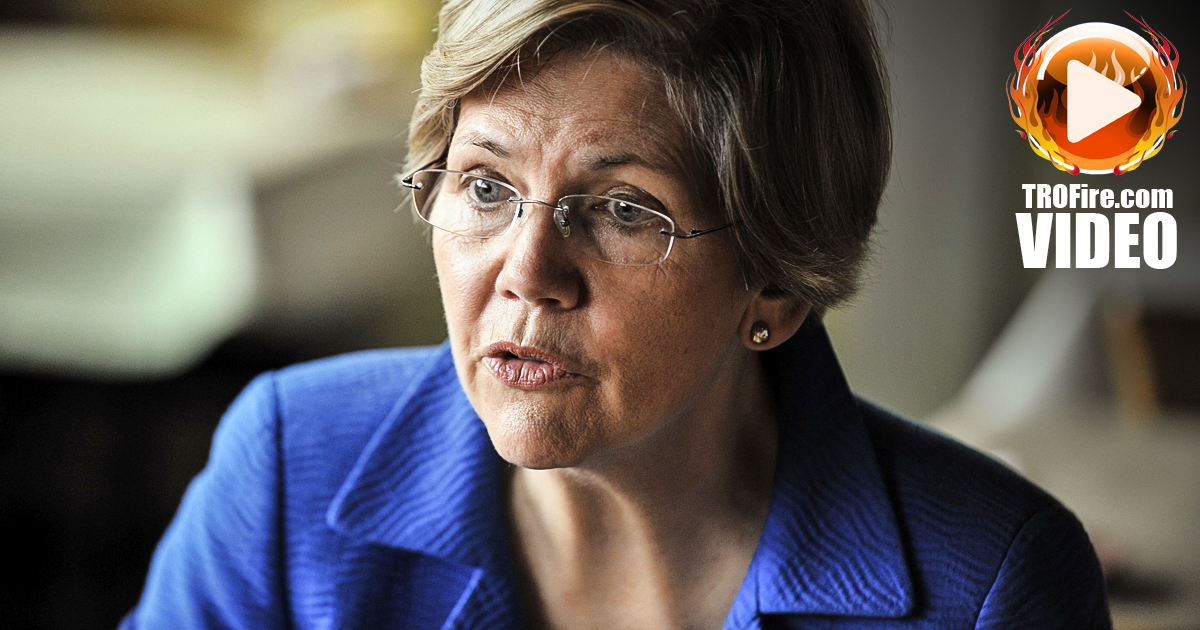When the richest, most powerful and most hated criminal banking institution on the planet found itself stuck between a rock and a hard place back in 2009, it found a friend in Secretary of State Hillary Clinton. Swiss-based UBS AG, the institution that helped bring on the subprime mortgage crisis, rigged the U.S. municipal bond market, manipulated interest rates, and aided and abetted the Nazis over seven decades ago found itself being sued by the Internal Revenue Service. The US tax collection agency was seeking information on the identities of 52,000 American citizens holding secret bank accounts in UBS in violation of federal law. The Swiss banking giant found itself in an untenable position: violate its own country’s strict banking secrecy laws, or face criminal charges in the US.
Then Secretary of State Hillary Clinton had barely gotten settled into her new office when the Swiss Head of Federal Department of Foreign Affairs called her to Geneva in order to “discuss an urgent matter.” A few months later, a settlement had been magically reached: UBS would release information on 4,450 American-owned accounts, and the IRS would drop its lawsuit. The settlement cost the U.S. Treasury hundreds of millions of dollars – and let almost 48,000 wealthy American tax evaders off the hook. Coincidentally, over the next several years, the Clinton Foundation started receiving very large donations and financing for its programs from UBS.
Arguably, the Clinton Foundation does a great deal of good across the world, working on health care, poverty and environmental issues. Still, it begs the question: did Hillary Clinton make a deal with the Devil in order to serve her family’s noble causes? Moreover, who was on the list of approximately 44,000 names UBS did not turn over to the IRS, and were any of them handpicked by Hillary to make sure their names were not released?
There is no evidence of a direct link between the settlement Hillary negotiated on behalf of UBS and the Clinton Foundation’s rising fortunes. Nonetheless, to quote Shakespeare, it “smells to heaven.” Hillary used her position as Secretary of State to intervene on behalf of a foreign banking institution with a lengthy record of criminal activity – and one that is especially disliked by Democrats, liberals and Progressives whose support she’ll need in the upcoming election.
UBS is not the Clinton Foundation’s only foreign donor. In fact, the number of foreign donors continued to rise until recently, despite an earlier assertion from Bill Clinton that the Foundation had imposed a ban on such donations after Hillary was appointed Secretary of State. That ban was imposed at the request of President Obama, who expressed concern about potential conflicts of interest. That request didn’t have the force of law, however.
At the time, Hillary drew fire even from members of her own party – including then-Michigan senator Carl Levin, who found it “disappointing that the US government went along.” Today, as Hillary continues along the campaign trail, her earlier actions as Secretary of State are drawing scrutiny and raising questions. It is possible, and even likely, that Hillary did nothing improper when she negotiated the deal with UBS. But considering the mood of the country toward “too-big-to-fail” financial institutions and circumstantial evidence linking UBS’ increased generosity in the wake of a settlement Hillary herself negotiated, it looks like politics as usual.



